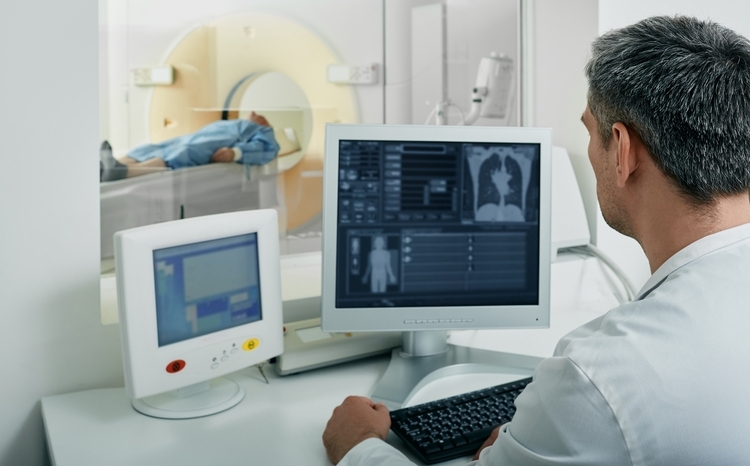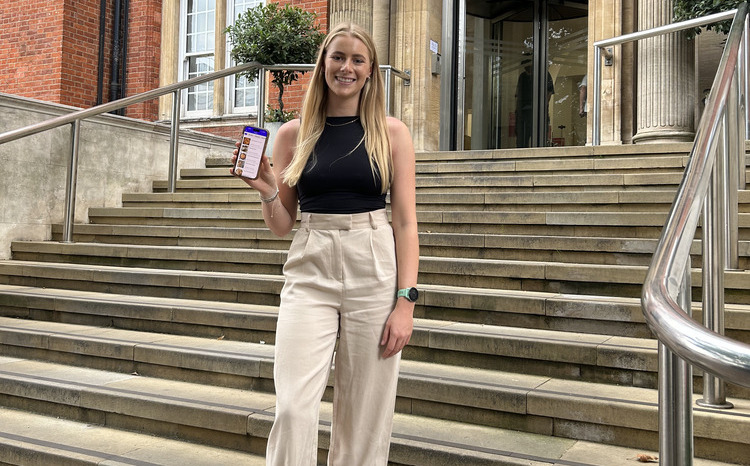Cancer risk tools make progress
- 23 March 2011
More than 150 GP practices are taking part in a paper-based trial of a risk assessment tool for cancer diagnosis ahead of a computerised version due to be launched later this year.
Dr Willie Hamilton, a GP and professor of primary care diagnostics at the Peninsula Medical School in Exeter, has been working on risk tools for cancer and the work is now beginning to be used in practice.
Dr Hamilton told EHI Primary Care that the paper-based trial of the risk assessment tools began last month and is due to be completed in August, with analysis of the results expected to be complete by the end of 2011.
He added: “There’s lots of progress on a desktop equivalent with several IT outfits working on it. Launch of that is probably later this year.”
The proposed computerised system was publicised by cancer tsar Professor Mike Richards at the beginning of 2010.
Richards said he hoped it would encourage earlier diagnosis of cancer and help to prevent the estimated 10,000 unnecessary deaths caused each year by late diagnosis.
In a separate research project, which has also involved Dr Hamilton, researchers at Bristol and Birmingham universities have developed a symptom scoring system for colorectal cancer.
They claim this works significantly better than existing urgent referral guidelines from the National Institute for Health and Clinical Excellence.
Lead researcher Dr Tom Marshall from Birmingham University said the scoring system worked better than NICE guidelines but was too complicated for GPs to apply in a normal consultation.
He added: “We need to programme these rules so that patients can be identified automatically from electronic medical records.”
A further research study, the CREDIBLE study, is now to investigate the feasibility of using software to identify patients needing urgent referral for suspected colorectal cancer.
Dr Marshall said the plan was to run the software weekly in practices and identify whether any patients meet the referral criteria. The software is expected to identify about one patient a week in a practice with 6000 patients.
Dr Marshall said software company MSDi had already added the symptom scoring system to their Clinical Manager software and Health Intelligence will include the symptom scoring systems in their CDRIntell software.
Dr Marshall added: “It is not enough for us to develop a better scoring system. We have to find a practical way of making it work. That is why we want GPs to get in touch if they would like to take part.”
GP practices interested in taking part in the study can contact Dr Marshall by email.




